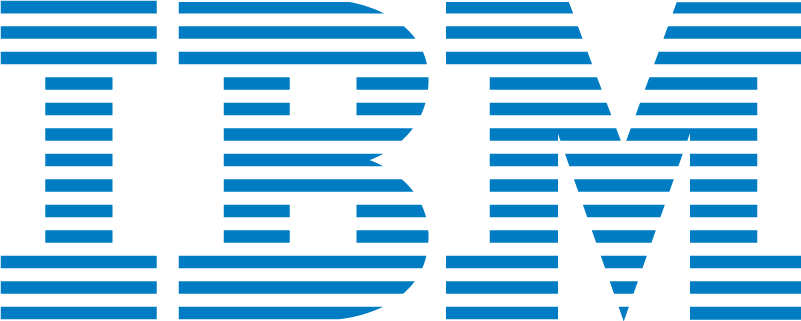Revolut To Enable Frictionless Checkout Across All...
- 19.01.2026 12:25 pm
Akurateco And Aquanow Join Forces To Power the Next...
- 19.01.2026 12:05 pm
Seamless Payments From Ecommpay And NORBr Help...
- 19.01.2026 12:05 pm
Kesheni Moodley Joins Paymentology To Drive Growth...
- 19.01.2026 10:35 am
TrueLayer Partners With bet365
- 19.01.2026 08:55 am
Paysafe And Pay.com Launch Strategic Partnership
- 19.01.2026 08:35 am
AMLYZE Partners Vinted Pay As It Expands Payment...
- 16.01.2026 02:45 pm
PhotonPay Expands UK Local Payment Rails Via New...
- 16.01.2026 12:45 pm
UK High Court Backs Regulator’s Authority To Cap Cross...
- 16.01.2026 12:05 pm
TNG Digital And EPOS Launch EPOS360 And EPOS360...
- 16.01.2026 11:35 am
Funding Circle Adds ‘Company Cards’ to Its Cashback...
- 16.01.2026 10:20 am
Visa Supports Chinese Cardholders to Add Cards to...
- 15.01.2026 10:35 am






















